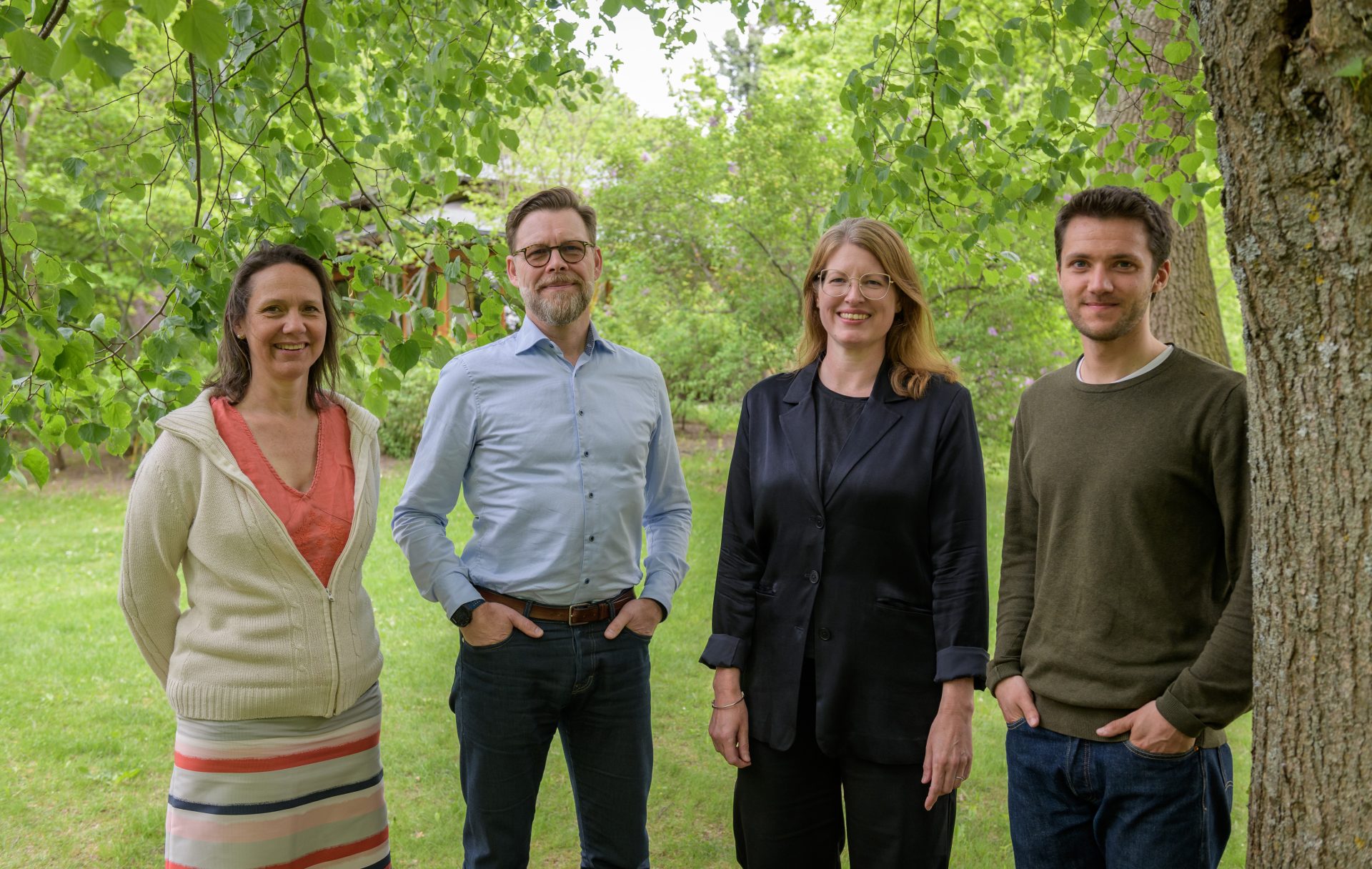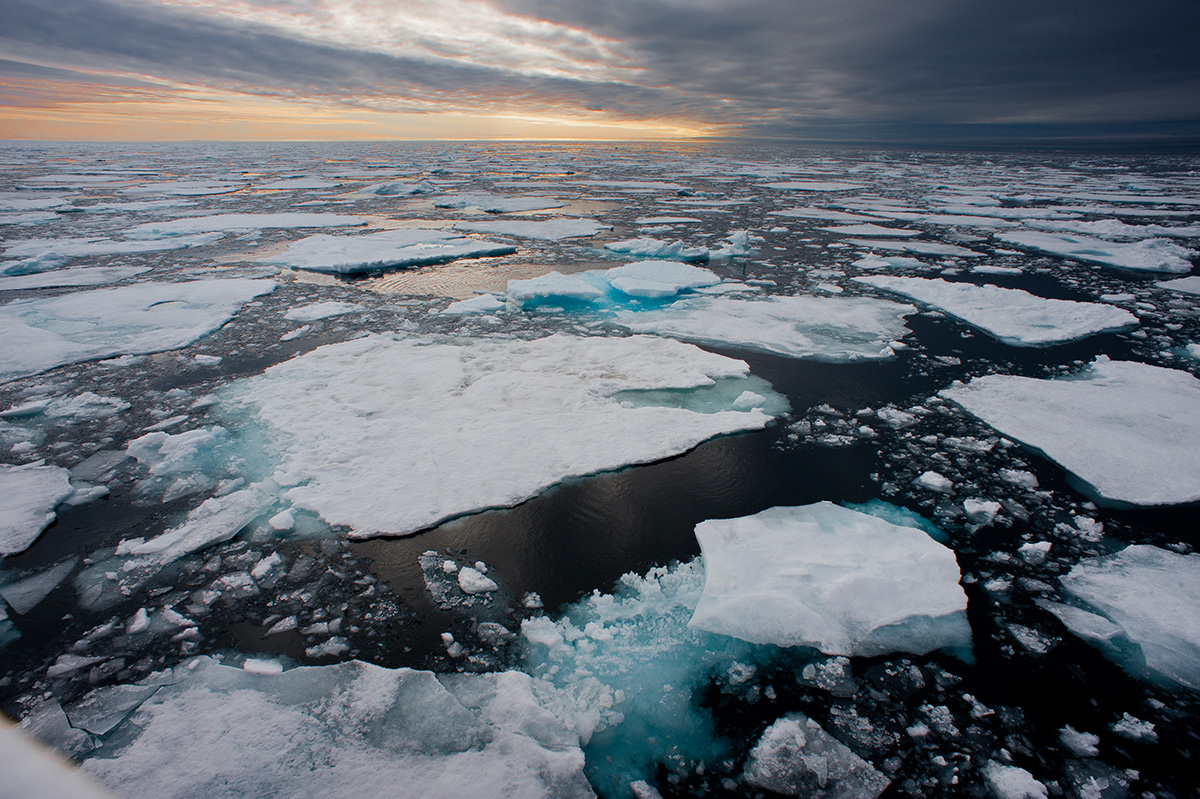The next big steps in climate negotiations

What is happening in the global climate process?
COP28 will be held in Dubai this December and will continue to build on the outcomes of COP26 and COP27. These annual meetings are used by governments to agree on policies to limit global warming and to put strategies in place to adapt to climate change impacts.
An important focus this year will be the Global Stocktake exercise. It will examine if what we are doing will be enough to change our current climate trajectory and to course correct if it is not. We also expect to have greater clarity on the metrics that might be used for the Global Goal on Adaptation. Reporting indicators for a global goal on adaptation will be much harder to define because adaptation looks very different from one place to another.
Finally, there will continue to be a lot of discussion about loss and damage, meaning how to provide just compensation to vulnerable and developing countries who have disproportionately suffered the impacts of climate change, resulting from choices made primarily by developed countries. After three decades, parties agreed at COP27 to develop a framework to deal with this.
Why is the current Bonn Climate Change Conference important?
At this meeting, different committees and working groups will draft initial proposals for the decisions that should be adopted at the following COP. It is an important moment to set direction and ambition, both in terms of mitigation and adaptation, and for governments to work out what is needed for successful implementation in their countries.
Effectively, this is the moment ahead of each COP to plant a seed in the minds of climate negotiators that sound water management can actually help countries achieve their climate goals and that climate resilient WASH increases the climate resiliency of populations. As a UAE representative at the UN 2023 Water Conference said, we won’t be able to fix our climate problems if we don’t fix our water problems. It is the moment to ask important questions about whether water is considered enough within countries climate plans and strategies, if water is being adequately reflected in the Global Stocktake, how water resiliency will be measured by the Global Goal on Adaptation, how to avoid loss and damage by investing in disaster preparedness…
“[The Bonn Conference] is an important moment to set direction and ambition, both in terms of mitigation and adaptation.”
What is SIWI doing at the Bonn meeting?
With the partners of the Water Pavilion, SIWI is co-organizing a roundtable discussion for parties to describe the obstacles they face and the support they would find most useful for developing and implementing water-wise climate policies. The event Taking Stock of Water-Wise Climate Policy is designed as a listening exercise to better understand where they are coming from so that we can offer the most appropriate technical assistance through the Water for Climate Pavilion at COP28. We will also be sharing some recommendations on how to improve the next iteration of Nationally Determined Contributions and raising attention for systems approaches that balance co-benefits for both mitigation and adaptation.
The event will be livestreamed on 14 June at 16:15 on Youtube.
SIWI has also been invited by the UN Water Expert Group on Water and Climate to present its report on the Essential Drop to Net Zero: Unpacking Freshwater’s role in climate change mitigation during a technical workshop on water and climate inter-dependencies on 13 June.
In addition, SIWI will be participating in meetings of the Marrakech Partnership for Global Climate Action and the Sharm el Sheikh Adaptation Agenda. We will also contribute to discussions organized by the COP28 Presidency on nature for climate. Finally, the Water for Climate Pavilion Steering Committee will meet to discuss some preliminary planning for its activities in Dubai.
What do you hope will happen in 2023?
Our long-term goal is to create integrated and cross-sectoral solutions towards a water and climate-secure future for all, especially for those most impacted at local levels. Our action in 2023 is just one step in that ongoing process, but it has indeed been a pivotal year due to the attention raised by the UN 2023 Water Conference in March and the review of SDG6 on water and sanitation at the UN High-Level Political Forum coming up in July.
At COP27, we celebrated that the final outcome document officially recognized for the first time the critical role of water for climate resilience. While it encouraged Parties to more fully integrate water action into their adaptation efforts, at COP28 I hope to see that recommendation become a reality. To this end, the Water for Climate Pavilion and its extensive community offers its full support so that water solutions for climate resilience are integrated to a greater extent in climate strategies and planning processes.
Events at the Bonn Climate Change Conference
Many of the activities and side events of the Bonn Climate Change Conference can be followed online:
Here are some events with SIWI colleagues speaking:
Delivering on Nature and Climate Outcomes and Ambition at COP28
12 June, 10:15-11:45
Dani Gaillard-Picher will present the work that SIWI is doing in this area during a roundtable discussion convened by the COP28 Presidency
Implementing the Sharm El Sheikh Adaptation Agenda (SAA): Launch of Task Forces and a Call for Action
12 June 13-15 CET
Dani Gaillard-Picher will participate in a panel organized by the COP27 Presidency and High-Level Champions as co-lead of the SAA Task Force for Water
The Essential Drop to Net-Zero report presented at a Technical Workshop on Water and Climate Change Mitigation Inter-Dependencies convened by the UN Water Expert Group on Water and Climate
13 June, 9:00-12:30, closed meeting
Dr Malin Lundberg Ingemarsson will present the report which was co-written with the Potsdam Institute for Climate Impact Research, Stockholm Resilience Centre, GIZ and UNDP.
Taking Stock of Water-Wise Climate Policy
14 June 16:15 – 17:30
Side event co-convened by SIWI, AGWA and members of the Water for Climate Pavilion collective. David Hebart-Coleman will share insights from a forthcoming report on the role of water in Nationally Determined Contributions and Dr Malin Lundberg Ingemarsson will present the report The Essential Drop to Net-Zero.
Steering Committee Meeting of the Water for Climate Pavilion
15 June 9:00-12:00, closed meeting









